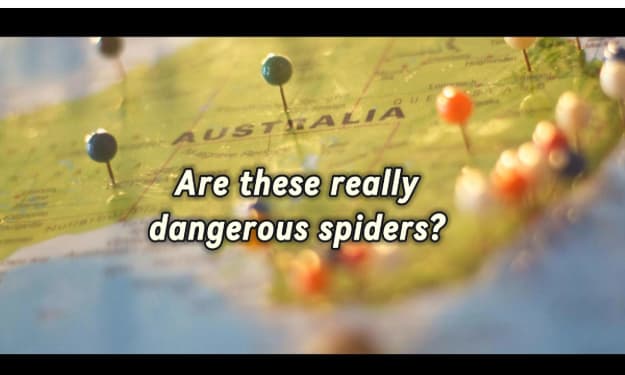The Western Sahara
A Move Westward from Africa to Spain via the Canaries

Mauritania serves as a crucial link for sub-Saharan Africans aiming to reach Europe. Situated at the western edge of the Sahara, Mauritania acts as a bridge for collaboration between Mauritania and Spain. The country witnesses a steady influx of sub-Saharan Africans, predominantly from Nigeria, who aspire to find opportunities in Europe. As an Islamic Republic, Mauritania grapples with social stratification and restrictions on freedom. It stands as a transit point where the cultures of black Africa intersect with the Islamic North, with Christians being a minority originating from the southern regions. The prevalent social hierarchy in Mauritania underscores the unequal treatment of individuals and the limited liberties compared to other nations. Delving into the enigmatic society of Mauritania reveals the complexities of modern-day slavery, with descendants of freed slaves shedding light on the ongoing denial and suppression of this issue.
Exploring the rich culture and traditions of Mauritania unveils unique practices such as marriage customs and the cultural significance of milk consumption. Despite the government's denial of slavery, activists advocating for change face risks and challenges in their efforts to support victims and raise awareness. The shift from prisoner to political leader in Mauritania. The rapid increase in activists from 600 to 8000 within 4 months. Establishment of a new political party with the speaker assuming the role of president. The struggles of Mauritanian immigrants in embracing their Mauritanian identity. The challenge of being acknowledged as a Mauritanian due to African descent. The emotional weight and sense of guilt from leaving family behind and its impact on them. Mauritania has been dealing with terrorist threats since 2005. Terrorism has targeted the armed forces and security and has resulted in hostage situations. The military has targeted rear bases and isolated sources that fuel terrorism. The colonial borders in Africa existed only on paper, as superpowers divided Africa among themselves. The desert will always remain uncharted territory. In the Sahara, human habitation is along the borders of the river. The individuals in Timbuktu who were thieves had previously been in prison. The city of B marks the beginning of the Sahara at the bend of the river to the east. Surviving extremist captivity in Mauritania. The interviewee's account of being detained and released by jihadists in 2012.
Interactions with the leader of al-Qaeda and a daring escape. The preservation of ancient manuscripts in Timbuktu amidst invasions. These manuscripts date back from the 16th century to the present day. Islamist leaders burned many manuscripts, including valuable ones from the 11th to the 16th century. Accepting conditions to film in Mauritania. The agreement not to film Islamist leaders and unveiled women. Engaged in activities such as demolishing mausoleums and carrying out amputations. The urban environment resembles an open-air penitentiary. The evening curfew instills a sense of confinement and insecurity in the city. Adhering to traditional attire becomes imperative for personal safety, as failure to do so may result in physical harm or imprisonment. The community grapples with the repercussions of alcohol abuse, leading affected individuals to avoid specific locations. The younger population contends with theft and vandalism linked to alcohol-related problems. Ethnic tensions and civil unrest are on the rise in Mauritania, transitioning from peaceful coexistence between different racial groups to ethnic conflict. The prevailing atmosphere of fear and the absence of external security forces exacerbate the situation. Upholding peace is essential to safeguard against falling prey to armed bandits.
City residents live in fear of nocturnal banditry, characterized by abductions and theft. A clear distinction exists between jihadists and bandits, with the latter causing chaos and tarnishing the former's reputation. The community assembles to revive Mauritania's cultural heritage, engaging in dialogues about its history and the challenges faced. Emphasis is placed on organizing events that foster freedom and cultural rejuvenation.
About the Creator
Isaac Ekow Anyidoho
A calm person with a cascading mind filled with ideas of my own and know that; I can make a difference with the support of people like you. Thank you.
Enjoyed the story? Support the Creator.
Subscribe for free to receive all their stories in your feed.





Comments
There are no comments for this story
Be the first to respond and start the conversation.